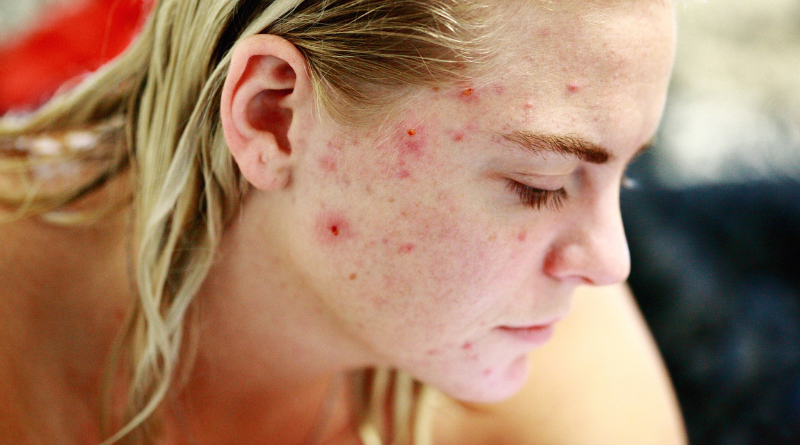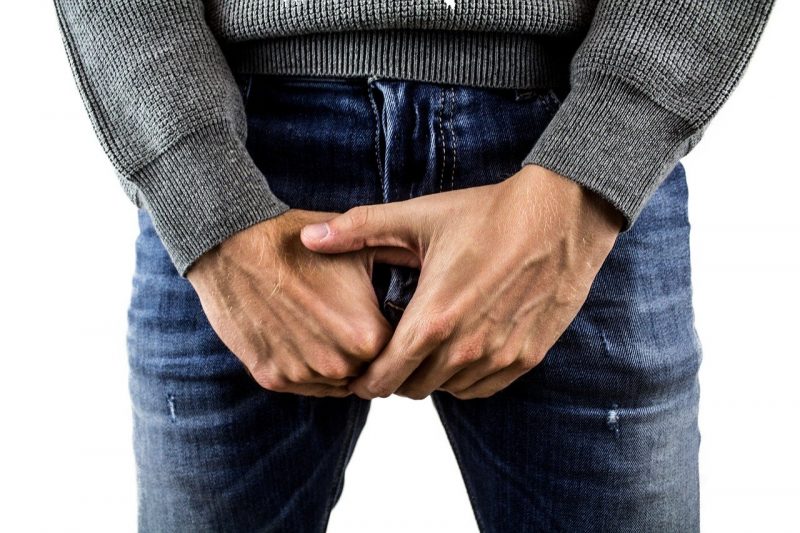Is acne affecting your self-confidence? Fumble’s here with tips on overcoming this struggle
Lots of children, teenagers and even adults experience acne – which may seem hard to believe in a world where every photo seems to show “perfect skin”. Those photos of people with flawless skin may make you feel insecure, but don’t worry, you’re not alone in your journey.
Here’s a few suggestions on how to reduce acne, myths and facts, and how you can learn to love your skin.
Top tips to reduce acne
- Wash your face once or twice a day with mild soap – don’t over wash as this may aggravate your skin
- Use creams that contain benzoyl peroxide
- Moisturise, moisturise, moisturise
- Resist the temptation to pop that spot!
You may find that you still get spots, no matter what you do. This really sucks, but remember it’s completely normal and should improve over time. If it’s really severe, you can see your GP for other treatment options.
Myths and facts
“Acne is genetic” — FACT
- You’re more likely to develop it if your parents had it. So changing your skin cleaning regime or eating less chocolate is sadly unlikely to reduce your acne.
“Poor hygiene causes acne” — MYTH
- Most of the causes occur under your skin, so fiercely scrubbing your face won’t make a difference and might actually make it worse.
“An unhealthy diet causes acne” — MYTH
- Research shows that eating unhealthy foods and drinks does not contribute to acne, so don’t feel bad about indulging in that occasional chocolate bar.
“Squeezing spots is the best way to get rid of spots” — MYTH
- This is a no no. It can lead to scarring and can make the spots worse.
“Acne is infectious” — MYTH
- It can’t be spread from person to person.
“Acne is more common in women than men” — FACT
- Research suggests that women are more likely to get it than men and it may be due to changing hormone levels. For people with a uterus, acne can also get worse before your period, during pregnancy, or could be a symptom of polycystic ovary syndrome.
Love your skin
No one has “perfect skin” like what adverts show, and acne is one of many skin conditions that can make us feel bad about our appearance. Being constantly exposed to airbrushed skin shown in the media doesn’t help. Social media has been useful in helping to normalise all types of skin. Check out #freethepimple for example, which is a campaign celebrating real skin. Loving your skin can be easier said than done – and if your skin is getting you down, knowing you’re not alone can help you on your skin journey.
Other support
- Puberty for girls and people with a vagina
- Puberty for boys and people with a penis
- YoungMinds – Body image
- Glamour – 13 skin-positive acne influencers who are cool with their skin exactly how it is
Read more
Last reviewed 19 July 2023
Image Credit: Alexander Grey via Pixabay



